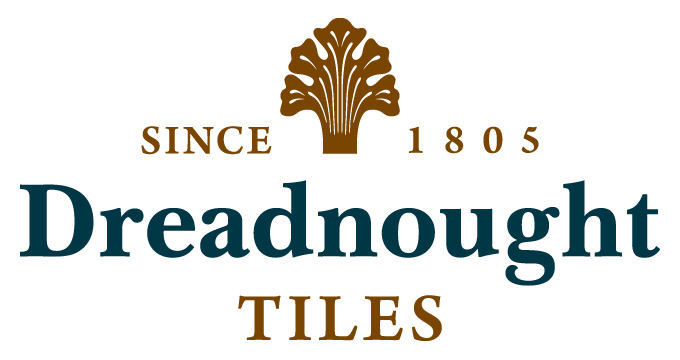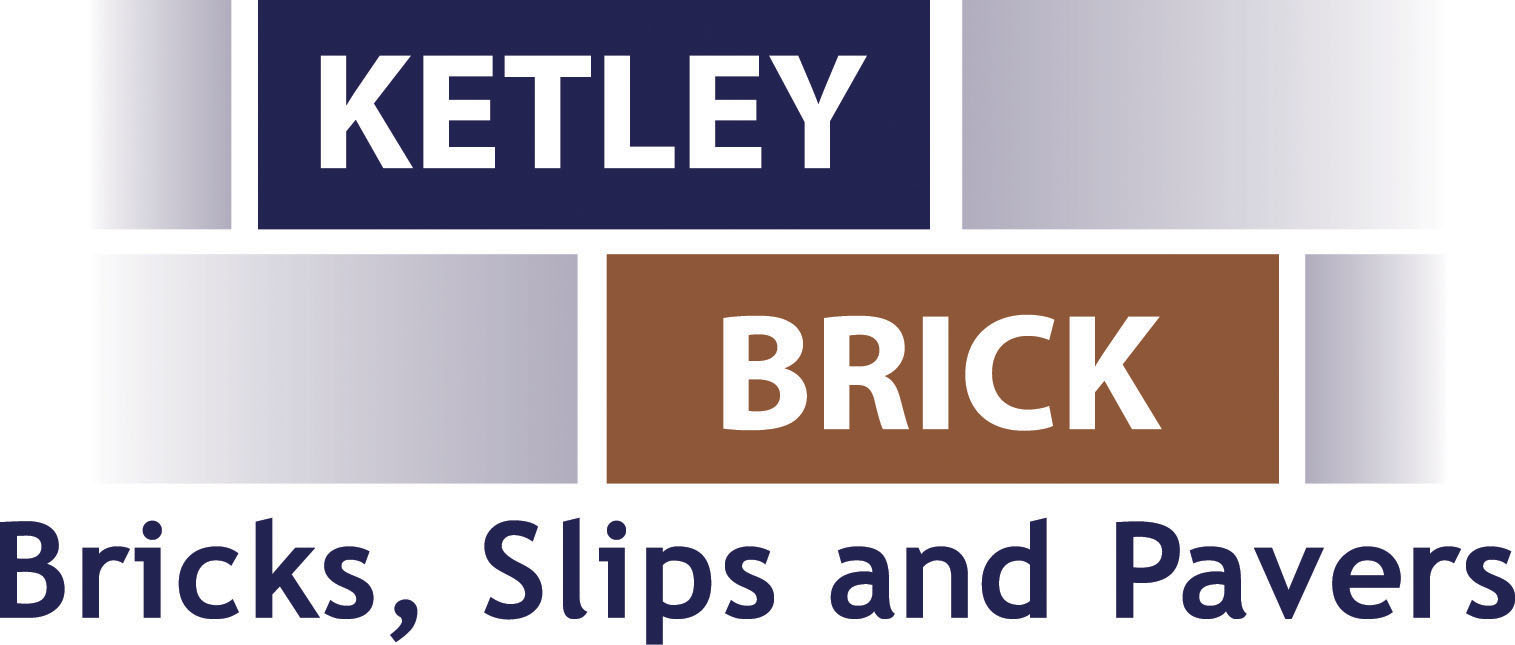Kiln waste heat recovery for use in brick and tile dryers
The iX competition, delivered by Innovate UK KTN, is supporting Hinton Perry and Davenhill Ltd to identify solutions to their energy challenges. This current challenge is to capture the waste heat from their kilns and deliver it to their brick and tile dryers at their Dudley site, to largely eliminate the use of gas burners.
Opportunity
Challenge opens
07/03/2022
Challenge closes
22/04/2022
Benefit
Commercial opportunity to deploy your technology solution at the Hinton Perry and Davenhill site and to raise your company profile with the Ceramics industry and wider manufacturing industries.
Background
Hinton Perry and Davenhill Ltd
Hinton Perry and Davenhill Ltd manufactures Dreadnought clay roof tiles and Ketley engineering bricks in the West Midlands. The company has operated from the same site since 1805. They are an SME manufacturer, employing 65 people.
Net Carbon Zero and high and volatile gas prices pose an existential threat to energy-intensive businesses. Hinton Perry & Davenhill emit over 9000 tonnes of CO2 from the use of gas and the business is committed to investing in ways to significantly reduce this. The business would like to continue to fire their products with gas as they use a reduction atmosphere in their kilns to achieve their unique colours. The drying process utilizes 10% of the business’ gas consumption. Sufficient heat is lost to the atmosphere from the kiln exhausts to provide the thermal input for all the drying processes. The challenge is to utilise heat exchangers in a commercially viable way to enable the replacement of the gas burners in the dryers.
Location
Hinton Perry and Davenhill have a manufacturing site in Dudley in the West Midlands, (Postcode: DY5 4TH) where they manufacture natural clay roof tiles under the Dreadnought Brand and Ketley engineering bricks. It is an old site with a range of equipment with a layout that is dispersed (site plan below). The site is approximately 31500sq m with two large buildings which house the manufacturing process, consisting largely of 5 large kilns, 3 smaller intermittent kilns and 1 tunnel kiln, 7 Brick Dryers, 9 Tile Dryers and a dedicated Drying Shed for Special Shaped Products. The heat for the drying chambers and kilns is generated by natural gas and supplemented by waste heat from the cooling segment of the kiln firing cycles.
This challenge is brought to you by:



